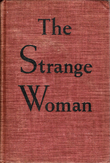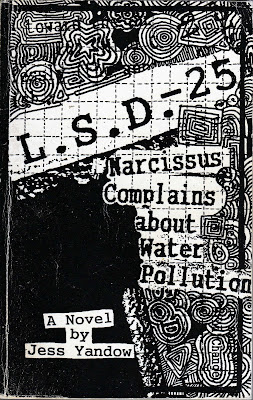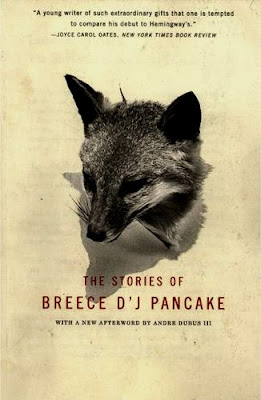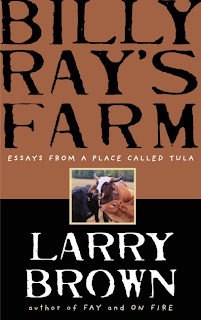It's hard to imagine it was made into a film. But it was Orson Welles, and it was 1946 right after the first English translation, in the middle of the red scare so maybe, at the height of our collective paranoia it may have been possible. It was published first in 1942 in French of course. In 1954 he even recorded an audio book himself. It was his true first novel, his prior work all being non-fiction. There are three primary English translations.
Stuart Gilbert (1946): Formal and stiff.
Matthew Ward (1989): More even handed and modern, my preference.
Joseph Laredo (1983): Similar to Ward but not as immediate.
"And I, too, felt ready to start life all over again. It was as if that great rush of anger had washed me clean, emptied me of hope, and, gazing up at the dark sky spangled with its signs and stars, for the first time, the first, I laid my heart open to the benign indifference of the universe. To feel it so like myself, indeed so brotherly, made me realize that I’d been happy, and that I was happy still. For all to be accomplished, for me to feel less lonely ,all that remained was to hope that on the day of my execution there should be a huge crowd of spectators and that they should greet me with howls of execration." -Camus



























